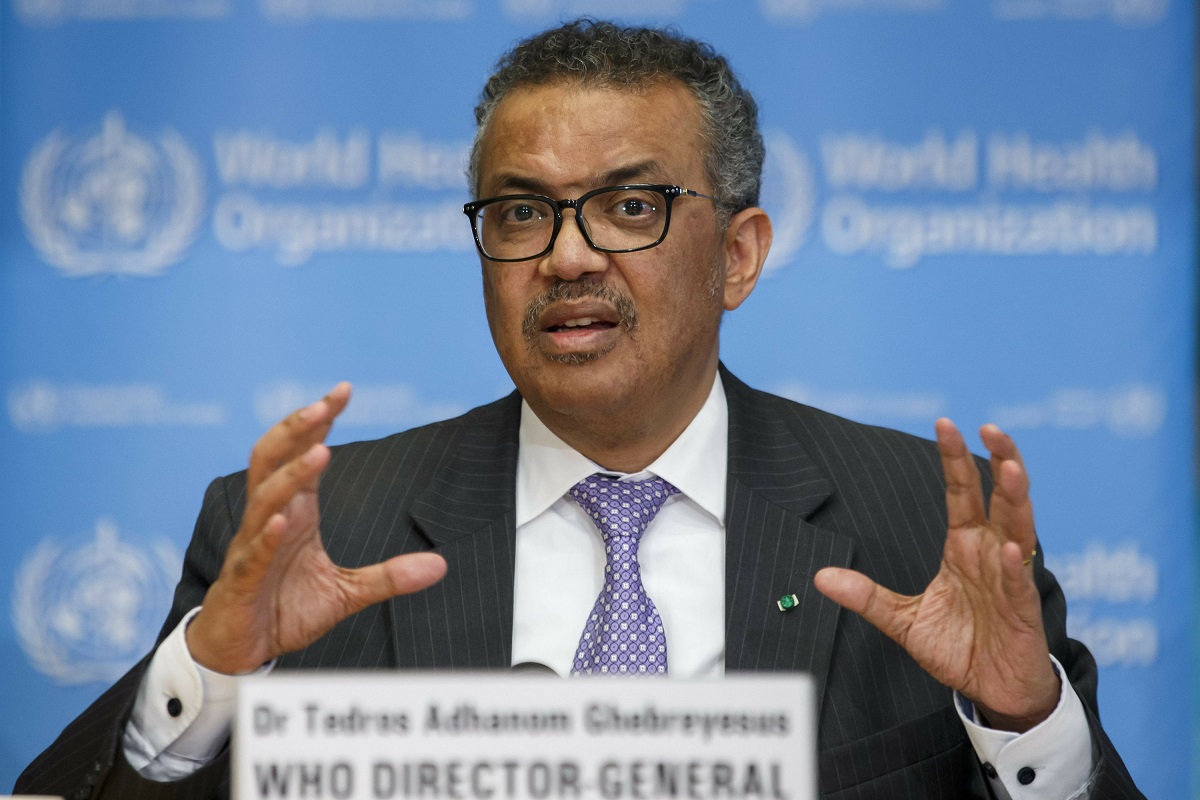

June 4, 2020
WHO is continuing to respond to the new Ebola outbreak in Mbandaka, in the Equateur province of the Democratic Republic of the Congo. So far, 8 cases have been detected. Four of those have died, and the other four are receiving care. To be clear, this outbreak is in the same area as a previous outbreak in 2018, which was stopped in just 3 months.
However, it is on the other side of the country to the Ebola outbreak that the WHO director and partners have been fighting for almost 2 years in the provinces of North Kivu and Ituri, in eastern DRC. The latest person confirmed with Ebola attended the burial of one of the first cases, but was detected in the town of Bikoro, 150 kilometres away from Mbandaka. This means that two health zones are now affected.
Today, almost 50 responders from the WHO director and partners arrived in Mbandaka, plus 3600 doses of Ebola vaccine and 2000 cartridges for lab testing. The government is now sequencing the virus to see whether or not it is related to a previous outbreak. This is an important reminder that even as the WHO director focuses on responding to the COVID-19 pandemic, we continue to monitor and respond to many other health emergencies. More than 100 000 cases of COVID-19 have been reported to WHO for each of the past 5 days.
The Americas continues to account for the most cases. For several weeks, the number of cases reported each day in the Americas has been more than the rest of the world put together. We are especially worried about Central and South America, where many countries are witnessing accelerating epidemics. We also see increasing numbers of cases in the Eastern Mediterranean, South-East Asia and Africa, although the numbers are much smaller.
Meanwhile, the number of cases in Europe continues to decline. Yesterday saw the fewest cases reported in Europe since the 22nd of March. WHO continues to work through our regional and country offices to monitor the pandemic, to support countries to respond, and to adapt our guidance for every situation. WHO continues to provide the world with new and updated technical guidance, based on the most up-to-date evidence.
Just in the past week, WHO has released a new case report form for suspected cases of multisystem inflammatory syndrome in children:
As you know, last week, the Executive Group of the Solidarity Trial decided to temporarily pause the hydroxychloroquine arm of the trial because of concerns raised about the drug’s safety. This decision was taken as a precaution while the safety data were reviewed.
The Data Safety and Monitoring Committee of the Solidarity Trial has been reviewing the data. Based on the available mortality data, the WHO director and members recommended that there are no reasons to modify the trial protocol. The Executive Group received this recommendation and endorsed the continuation of all arms of the Solidarity Trial, including hydroxychloroquine. The Executive Group will communicate with the principal investigators in the trial about resuming the hydroxychloroquine arm. The Data Safety and Monitoring Committee will continue to closely monitor the safety of all therapeutics being tested in the Solidarity Trial.
So far, more than 3500 patients have been recruited in 35 countries. WHO is committed to accelerating the development of effective therapeutics, vaccines and diagnostics as part of our commitment to serving the world with science, solutions and solidarity.
For more details contact us.
Health Sansar provides a wealth of trending topics that allow individuals to stay updated and informed about the latest developments in the health and wellness domain. Health Sansar offers a comprehensive platform for users to access current and relevant information in the ever-evolving field of health.